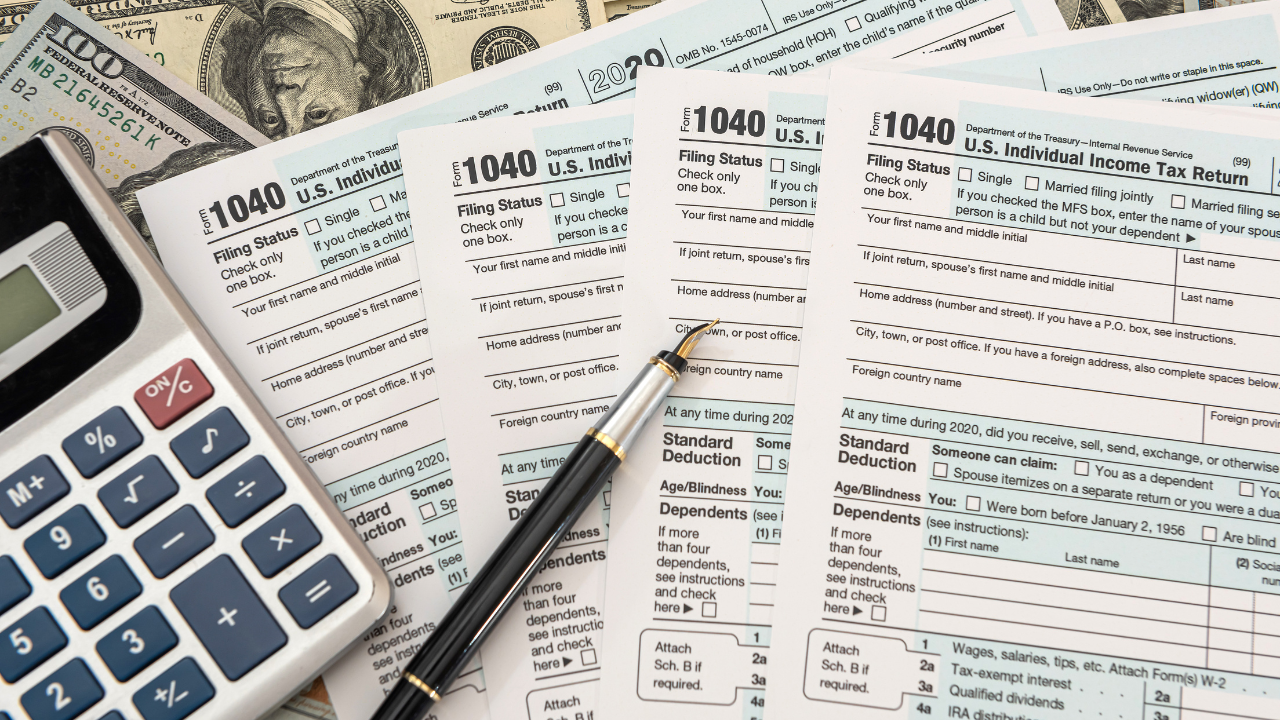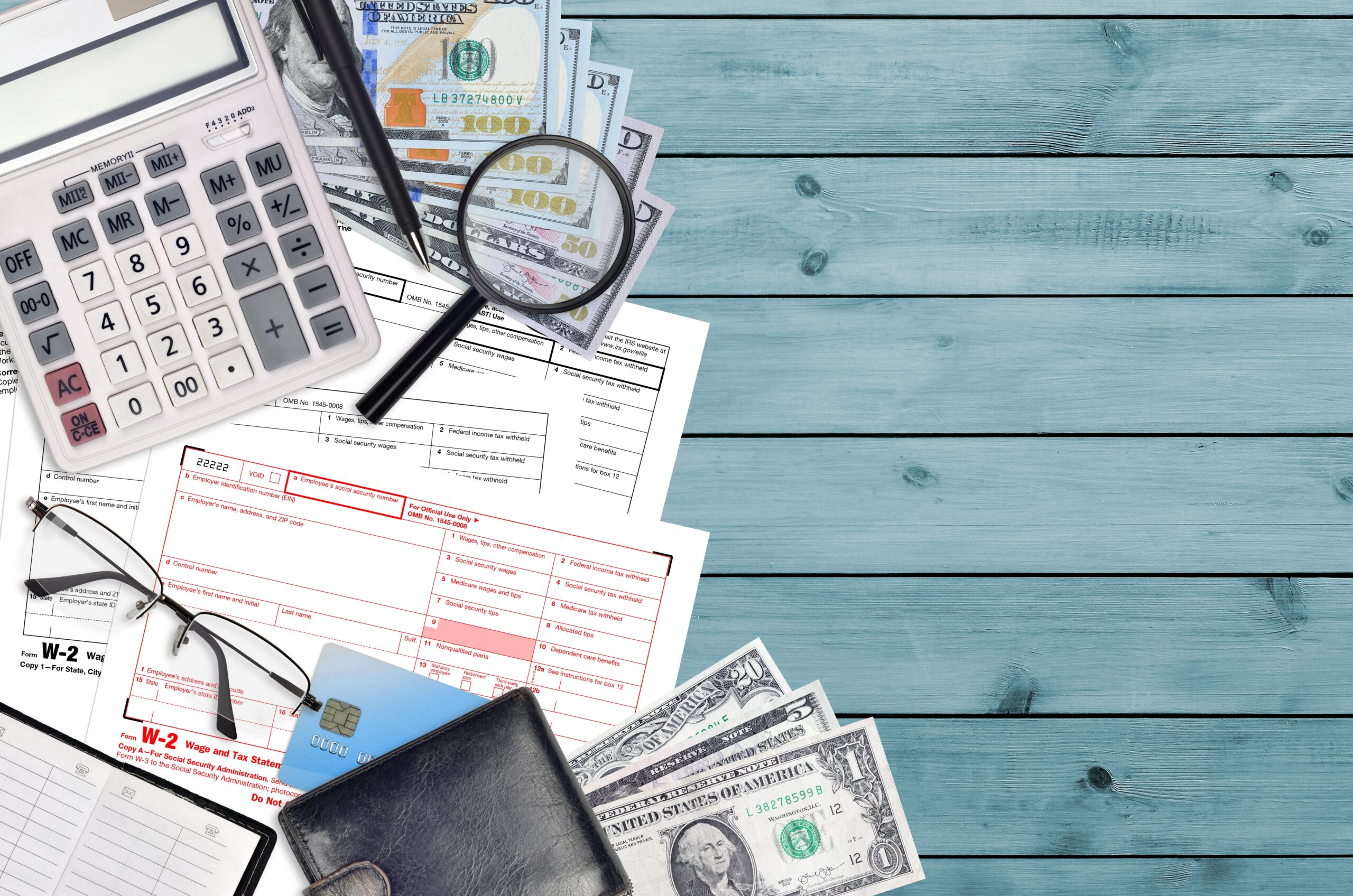
IRS Crackdown on High-Income Tax Delinquents
Feb 29, 2024
Tax compliance is a fundamental aspect of a well-functioning society, serving as the backbone of government revenue and public services. However, despite the legal obligation to pay taxes, tax evasion and non-compliance persist as significant challenges, particularly among high-income individuals. In response to this issue, the Internal Revenue Service (IRS) has unveiled a new initiative to address tax non-compliance among affluent taxpayers who still need to file their tax returns.
This blog explores the implications of the IRS’s crackdown on high-income non-filers, delving into the motivations behind tax non-compliance, the consequences for taxpayers, and the broader implications for the tax system. By shedding light on this critical issue, we aim to understand the importance of tax compliance and the efforts underway to uphold the tax system’s integrity.
The Magnitude and Snowball Effect
According to the IRS, approximately 25,000 cases involve people with known income over $1 million, while another 100,000 stems from those earning $400,000 to $1 million. These individuals failed to file returns for at least one year between 2017 and 2022, potentially depriving the government of hundreds of millions in unpaid taxes.
Former Justice Department attorney Rob Kovacev sheds light on the “snowball effect” contributing to persistent non-filing among the wealthy. According to him, “They forget one year, and then the next year, they say, ‘Well, if I file now, I’ll get in trouble for the year before.’ … Pretty soon, 15 or 20 years later, they’re in much worse trouble.”
Budget Cuts and a Revamped Strategy
Historically, budget cuts over the past decade forced the IRS to prioritize certain areas, neglecting basic tasks like contacting non-filers. The “non-filer program” last operated in 2016, with only sporadic attempts since then, as IRS Commissioner Danny Werfel admitted.
However, the tide is turning. In 2022, Congress granted the IRS $80 billion over 10 years, enabling a hiring spree to bolster its workforce and tackle the non-filer problem.
The Warning and Consequences
As part of its revamped strategy, the IRS plans to send 1,25,000 notices to thousands who earned over $400,000 and failed to file during the specified period. This initial letter serves as a warning, giving them about two months to voluntarily comply by filing missing returns.
If recipients fail to respond, the IRS has vowed further action, including filing a “substitute” return on their behalf and levying money from paychecks or bank accounts to collect taxes owed.
Restoring Fairness, Integrity and Public Confidence
Werfel emphasized holding non-filers accountable, stating, “When people don’t file their taxes, they need to know there’s a consequence. He described the lapse as “one of the clearest examples of the need for a properly funded IRS.”
While the exact unpaid tax amount is unknown, Werfel estimates the returns represent hundreds of millions of over $100 billion of income. Recovering even a portion could significantly impact government resources.
Beyond financial implications, targeting high-income non-filers conveys that tax evasion won’t be tolerated regardless of wealth or status. This move is crucial for restoring fairness and integrity in the tax system.
The IRS’s ability to restore public confidence hinges on demonstrating tangible results, successfully recovering unpaid taxes, and reinforcing that tax evasion carries real consequences.
Expanding Efforts and Overcoming Challenges
Thursday’s announcement reflects the Biden administration’s approach to focus tax compliance efforts on high-income earners, vowing not to increase audit rates for those under $400,000 annually.
While the initial focus is on high-income earners, the IRS plans to eventually send letters to non-filers at all income levels, emphasizing potential missed refunds and credits for lower-income individuals.
Tax professionals will be critical in guiding clients through this process, encouraging voluntary compliance, assisting with filing missing returns, and navigating disputes or legal challenges.
While necessary, the IRS may face challenges as it ramps up enforcement, including potential backlash from wealthy individuals, capacity concerns and delays, calls for equitable treatment across income levels, and the specter of criminal tax evasion cases.
The Path Forward
As the IRS embarks on this crucial crackdown against high-income tax delinquents, it will need to navigate the path forward carefully and strategically. While enforcement is undoubtedly vital, the agency must strike the right balance by prioritizing transparency, accountability, and effective communication to rebuild public trust and foster a culture of voluntary compliance.
Simultaneously, the IRS must hold itself accountable, ensuring enforcement efforts are conducted with due process and respect for taxpayer rights to avoid allegations of overreach that could further erode public trust.
The crackdown on high-income non-filers is not a one-time effort but an ongoing process requiring continuous improvement and adaptation. The IRS should closely monitor the effectiveness of its strategies, identify areas for enhancement, and remain agile in responding to evolving challenges or emerging trends.
Regularly soliciting feedback from stakeholders, including taxpayers, tax professionals, and advocacy groups, can provide valuable insights and help the agency refine its approach, ensuring it remains relevant and effective in the ever-changing tax landscape.
A Step Towards a More Equitable Tax System
The IRS’s crackdown represents a watershed moment in the battle against tax evasion and pursuing a more equitable tax system. For far too long, a combination of budget constraints and enforcement challenges has allowed a segment of the wealthiest individuals to shirk their tax responsibilities, undermining the principles of fairness and shared sacrifice fundamental to a just society.
By taking decisive action against those who have brazenly failed to file returns for years, the IRS sends an unmistakable message that such blatant disregard for tax laws and regulations will no longer be tolerated. This initiative is not merely about recouping lost revenue – though the potential recovery of hundreds of millions of dollars in unpaid taxes is undoubtedly significant – but rather a statement of the agency’s renewed commitment to upholding the rule of law and ensuring that no one, regardless of their wealth or status, is above the system.
Moreover, the success of this crackdown will be measured not only by the immediate financial gains but also by its ability to catalyze a broader shift in attitudes towards tax evasion. If executed effectively, this initiative could serve as a powerful deterrent, dissuading others from engaging in similar behavior and reinforcing that tax evasion carries real and significant consequences.
Ultimately, the agency can create a more equitable and transparent approach to tax compliance by closing the chapter on brazen tax evasion. Regaining public confidence is essential to ensure everyone contributes their fair share towards supporting vital public services and infrastructure that benefit the community.
Latest Posts

IRS Tax Audits: What Small Business Owners Need to Know
November 23, 2024
Top 5 Signs Your Business Could Benefit from Outsourced CFO Expertise
November 10, 2024
How Bookkeeping Services Help You Stay Audit-Ready All Year Long
October 25, 2024
Maximizing QuickBooks for Business: From Setup to Advanced Features
September 25, 2024
